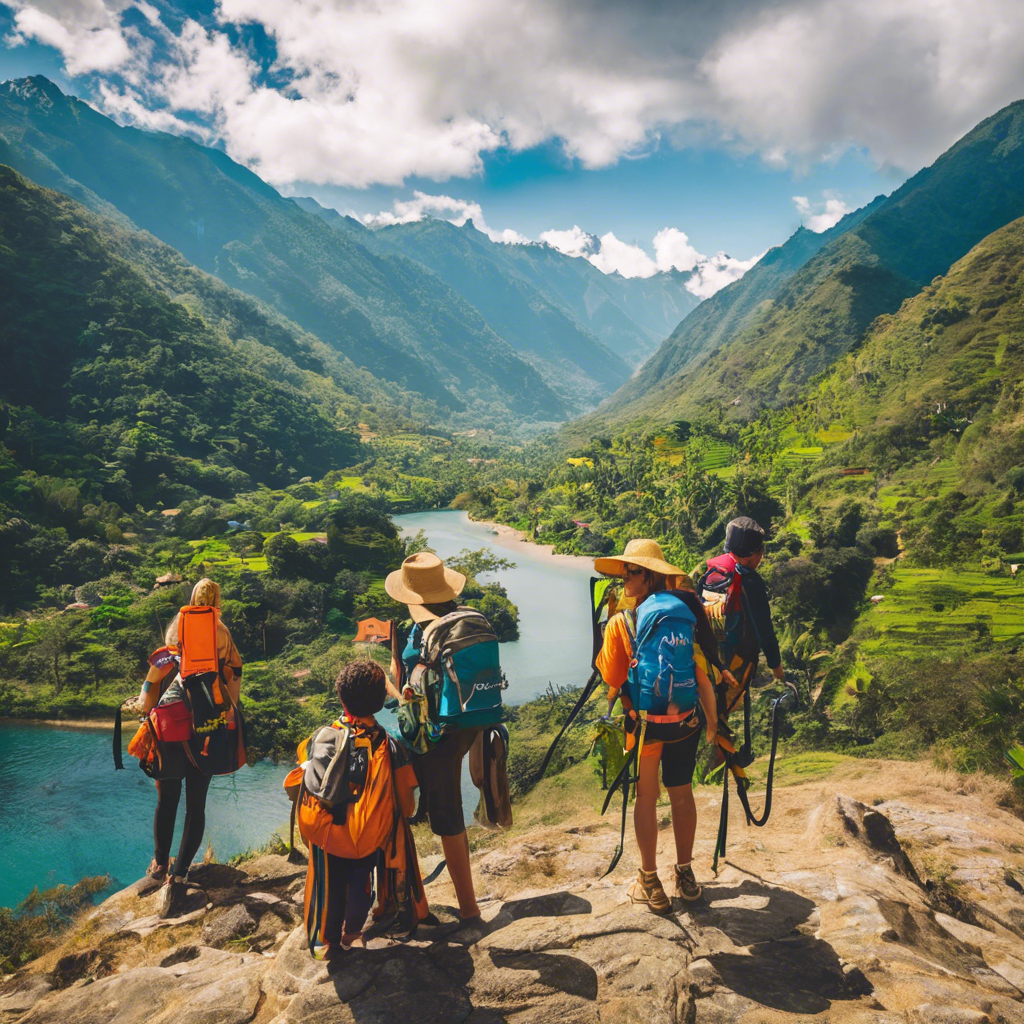Volunteering abroad is a life-changing experience that allows you to explore new cultures while making a positive impact. However, planning your first volunteer trip can feel overwhelming. This beginner’s guide will walk you through the essential steps to ensure your journey is smooth, meaningful, and unforgettable.
1. Choose the Right Program
The first step in planning your volunteer trip is selecting a program that aligns with your skills, interests, and goals. Whether you’re passionate about teaching, wildlife conservation, or community development, there’s a program out there for you. Research reputable organizations with transparent missions and positive reviews. Look for programs that provide clear information about their projects, costs, and the support they offer volunteers. For example, if you’re interested in education, consider programs that partner with local schools or literacy initiatives. Choosing the right program ensures you’ll be contributing effectively while enjoying the experience.
2. Set a Realistic Budget
Volunteer trips can vary widely in cost, so it’s important to set a realistic budget. Factor in program fees, flights, accommodation, meals, travel insurance, and any additional expenses like visas or vaccinations. Some organizations offer fundraising support or scholarships, so explore these options if needed. Keep in mind that while some programs may seem expensive, they often include accommodations, meals, and on-the-ground support, which can save you money in the long run. Creating a detailed budget will help you avoid financial stress and focus on the experience.
3. Research Your Destination
Choosing the right destination is crucial for a successful volunteer trip. Consider factors like the local culture, language, climate, and safety. Research the country’s history, customs, and current events to gain a deeper understanding of the community you’ll be serving. For example, if you’re volunteering in a rural area, you might need to prepare for limited amenities or different living conditions. Understanding your destination will help you pack appropriately and approach the experience with respect and cultural sensitivity.
4. Prepare Necessary Documents
Before you travel, ensure you have all the necessary documents in order. This includes a valid passport, visas, and any required permits. Check the entry requirements for your destination country, as some may require proof of vaccinations or a return ticket. It’s also a good idea to make copies of your important documents and store them digitally in case of emergencies. Proper preparation will save you from last-minute stress and ensure a smooth arrival.
5. Pack Smart and Light
Packing for a volunteer trip requires careful planning. Bring comfortable, weather-appropriate clothing and sturdy footwear, especially if you’ll be working outdoors. Don’t forget essentials like a first-aid kit, reusable water bottle, and eco-friendly toiletries. If you’re traveling to a remote area, consider packing items like a power bank, flashlight, or lightweight sleeping bag. Remember to leave space for any supplies you might need to bring for your volunteer work, such as teaching materials or tools for construction projects. Packing smart ensures you’re prepared for any situation without overloading your luggage.
6. Learn About the Local Culture
Understanding the local culture is key to building meaningful connections during your volunteer trip. Take time to learn about the community’s traditions, values, and social norms. Learning a few basic phrases in the local language can go a long way in showing respect and breaking the ice with locals. For example, simple greetings like “hello” or “thank you” can make a big difference in how you’re received. Being culturally aware will help you navigate your new environment with confidence and sensitivity.
7. Stay Open-Minded and Flexible
Volunteering abroad often comes with unexpected challenges, from language barriers to cultural differences. Staying open-minded and flexible will help you adapt to new situations and make the most of your experience. Embrace the opportunity to learn from the community and be willing to step outside your comfort zone. For example, you might find yourself trying new foods, participating in local traditions, or adjusting to a different pace of life. These moments of adaptability often lead to the most rewarding experiences.
8. Reflect on Your Experience
After your volunteer trip, take time to reflect on what you’ve learned and how it has impacted you. Consider keeping a journal or sharing your experiences with friends and family. Reflecting on your journey helps you process the lessons you’ve learned and appreciate the growth you’ve achieved. It also allows you to think about how you can continue making a difference, whether through future volunteer work or supporting causes from home.
By following these steps, you’ll be well-prepared for your first volunteer trip abroad. It’s an opportunity to explore the world, connect with others, and make a lasting impact—both on the communities you serve and on yourself. 🌍✨
